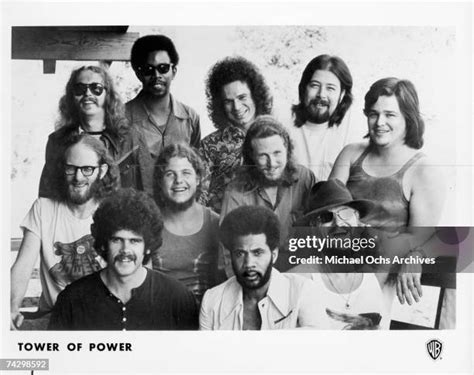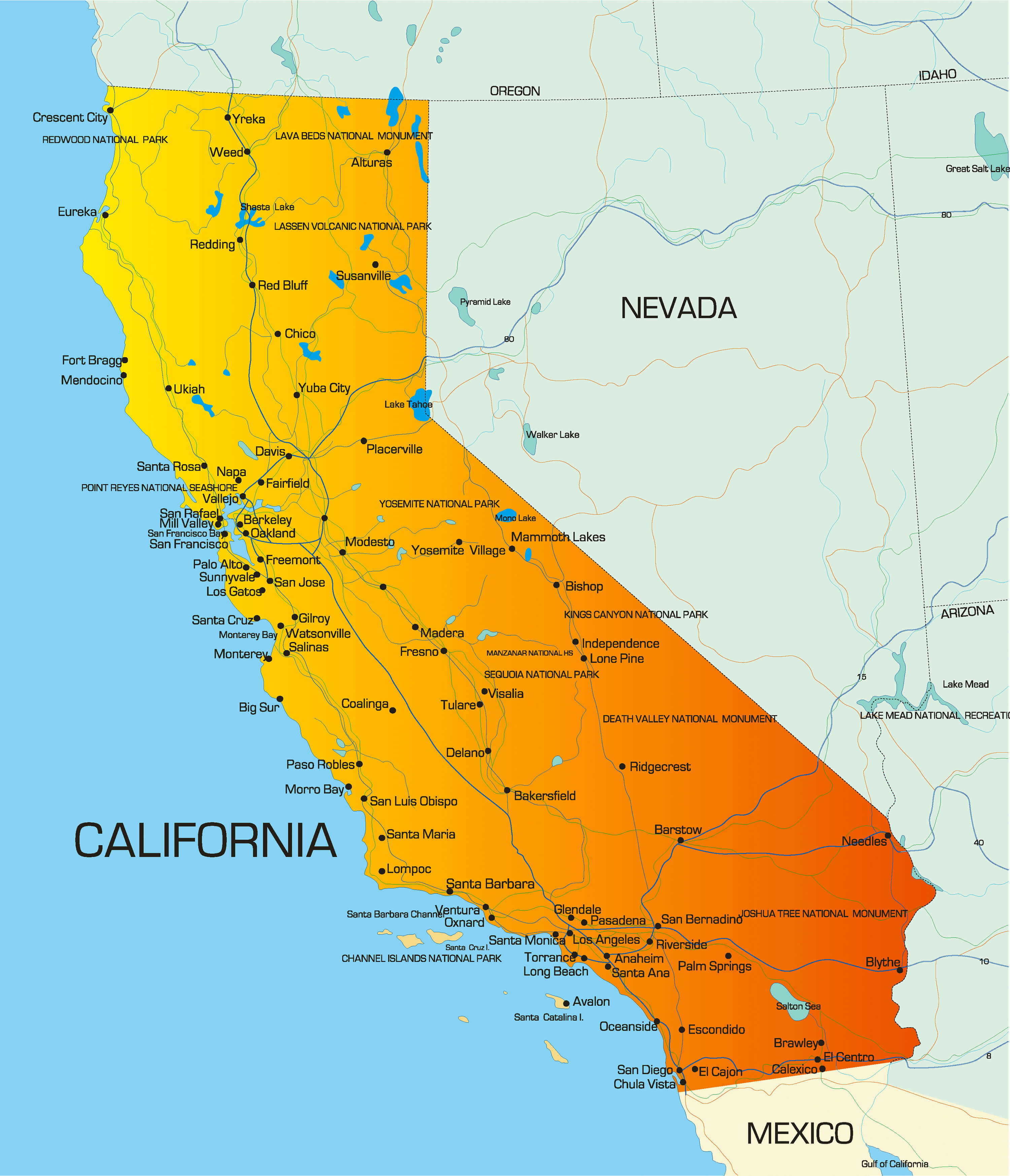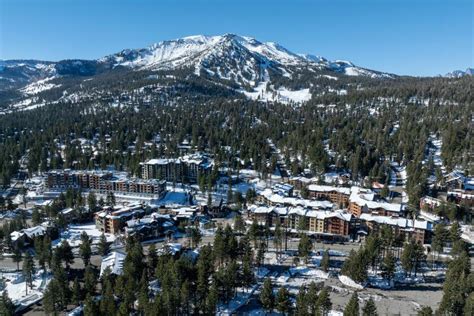The task of finding death notices or obituaries in Boston can be a daunting one, especially for those who are not familiar with the resources available. Whether you are a genealogist researching your family history, a historian looking for information on past events, or simply someoneTrying to find information about a deceased loved one, accessing these records can be crucial. Here are 10+ tips for finding death notices and obituaries in Boston, designed to guide you through the process efficiently.
1. Boston Public Library
- Archives and Special Collections: The Boston Public Library is a treasure trove for researchers. Its archives include historical newspapers, books, and other materials that can be invaluable for finding obituaries. The library often offers digital access to these resources, making it easier to search from anywhere.
- Microfilm and Digital Newspaper Collections: Many historical newspapers are available on microfilm or have been digitized. These collections can be searched for obituaries, death notices, and other relevant information.
2. Online Newspaper Archives
- Boston Globe Archives: The Boston Globe, one of the city’s major newspapers, has an extensive archive that can be searched online. While some content may require a subscription, it’s a powerful tool for finding recent and historical obituaries.
- Other Local Newspapers: Besides the Boston Globe, other local newspapers and community publications may also have archives that can be searched for death notices and obituaries.
3. Genealogy Websites
- Ancestry.com and FamilySearch.org: These platforms offer access to a wide range of historical records, including obituaries. They have collections of newspapers, public records, and other documents that can be searched for information about deceased individuals.
- Newspapers.com: A specific resource for newspaper archives, Newspapers.com can be accessed through Ancestry.com or as a standalone subscription. It provides extensive coverage of historical newspapers from around the world, including those from Boston.
4. Social Security Death Index (SSDI)
- The SSDI is a database of deceased individuals who had a Social Security number. While it doesn’t provide obituaries, it can confirm deaths and provide basic information about the deceased, which can be useful for further research.
5. Local Cemeteries and Funeral Homes
- Cemetery Records: Many cemeteries in Boston have online databases or records that can be accessed for research. These may include information about the deceased, such as dates of birth and death, and sometimes even obituaries.
- Funeral Home Records: Funeral homes may also keep records of services they have performed, which can include obituaries or death notices.
6. Historical Societies
- Boston Historical Society and Local Branches: Historical societies, especially those focused on Boston or specific neighborhoods within the city, can be excellent resources. They may have access to historical records, newspapers, and other archives that can aid in finding obituaries.
7. Public Records
- Death Certificates: The Massachusetts Department of Public Health and local offices may provide access to death certificates, which can be a direct source of information about a deceased individual. There may be restrictions on who can access these records.
8. Online Obituary Platforms
- Legacy.com and ObituaryLink.com: These websites aggregate obituaries from various sources, including newspapers and funeral homes. They can be a convenient starting point for searching obituaries, especially for more recent deaths.
9. Local Libraries and Archives
- Beyond the Boston Public Library, other local libraries and archives may have collections or access to resources that can help in finding obituaries. These often include local history rooms or genealogy sections.
10. Networking and Community Inquiries
- Genealogy Groups and Forums: Connecting with local genealogy groups, historical societies, or online forums focused on Boston or genealogy can provide access to a network of people who may have knowledge or resources to share.
Additional Tips
- Be Flexible with Spelling: Names can be misspelled in historical records, so try different variations when searching.
- Use Wildcard Searches: Many databases allow for wildcard characters (e.g., *,?) to be used in searches, which can help find names or words with possible spelling variations.
- Combine Resources: Don’t rely on a single source. Combining information from multiple resources can help verify findings and provide a more complete picture.
Finding death notices and obituaries in Boston can be a complex process, but with persistence and the right resources, it’s entirely possible to uncover the information you’re looking for. Whether your search is driven by professional, personal, or academic reasons, leveraging these tips and resources will streamline your research and increase your chances of success.
How do I access historical newspapers for obituary research in Boston?
+You can access historical newspapers through the Boston Public Library’s archives, online newspaper archives like the Boston Globe, or genealogy websites such as Ancestry.com and FamilySearch.org. Many of these sources offer digital versions of historical newspapers that can be searched for obituaries.
What are some free resources for finding obituaries in Boston?
+While many resources require a subscription, there are free options available. FamilySearch.org offers free access to a wide range of historical records, including some obituaries. Additionally, visiting local libraries and historical societies can provide free or low-cost access to resources that can aid in finding obituaries.
How do I find recent obituaries in Boston?
+For recent obituaries, checking online newspaper archives such as the Boston Globe or using obituary aggregation websites like Legacy.com can be effective. Funeral homes and local cemeteries may also have online databases or records of recent services.


